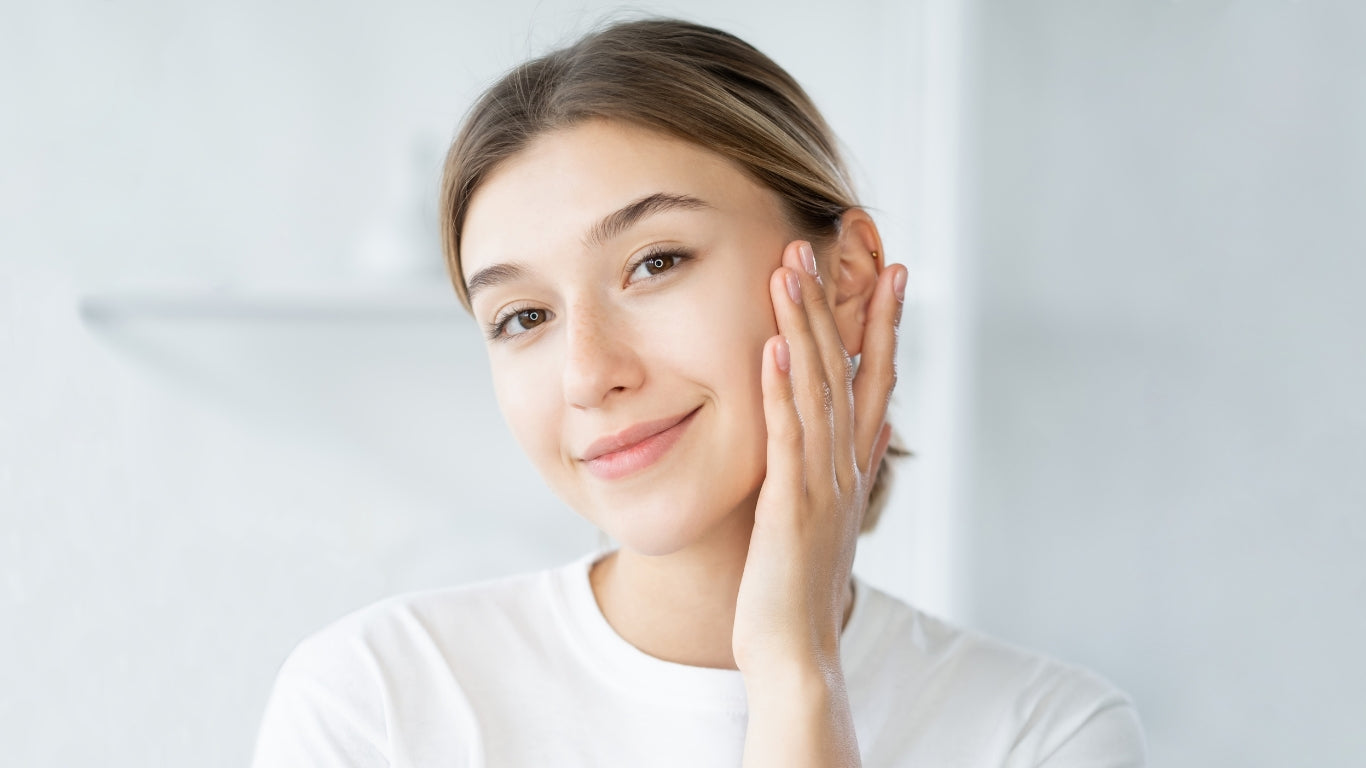Acne is a common skin condition that affects people of all ages, but it can be particularly challenging for teenagers. At the age of 14, it's not uncommon to start experiencing hormonal changes that can lead to the development of acne.
This can be a source of frustration and even embarrassment for many young individuals.
In this article, we'll explore the causes of acne in teenagers, the best practices for managing it, and why it's perfectly normal to have acne at 14.
Understanding Acne in Adolescence
Acne is primarily caused by an increase in hormone production during puberty. This surge in hormones stimulates the oil glands in the skin, leading to an overproduction of sebum (natural skin oil).
When excess sebum combines with dead skin cells and bacteria, it clogs hair follicles, resulting in the formation of pimples, blackheads, and whiteheads.
Why It's Normal
-
Hormonal Changes: As mentioned earlier, the hormonal fluctuations that occur during adolescence are a natural part of growing up. These changes are responsible for various physical and emotional transformations, including the development of secondary sexual characteristics and, yes, acne.
-
Genetics Play a Role: If your parents or siblings experienced acne during their teenage years, it's more likely that you will too. Genetics can influence the tendency to develop acne.
-
Skin Type Matters: Some individuals have naturally oilier skin, making them more prone to acne. This is not something you have control over, and it's perfectly normal.
Effective Ways to Manage Acne
While it's normal to have acne at 14, there are effective ways to manage and reduce its impact:
-
Establish a Consistent Skincare Routine: Use a gentle cleanser and non-comedogenic moisturizer daily. Avoid harsh scrubs that can irritate the skin.
-
Avoid Picking or Squeezing Pimples: This can worsen inflammation and potentially lead to scarring.
-
Use Over-the-Counter Treatments: Products containing ingredients like benzoyl peroxide, salicylic acid, or alpha hydroxy acids can be helpful in treating acne.
-
Consult a Dermatologist: If acne is severe or causing emotional distress, a dermatologist can provide personalized treatment options, such as prescription medications or topical treatments.
-
Maintain a Balanced Diet and Stay Hydrated: Eating a healthy, balanced diet and staying hydrated can contribute to overall skin health.
In conclusion, experiencing acne at 14 is entirely normal and a part of the natural process of growing up. It's essential to understand that you're not alone in this experience, and there are effective ways to manage and treat acne.
If you're struggling with severe or persistent acne, seeking advice from a dermatologist is a wise step to take.
Remember, your worth and beauty extend far beyond the condition of your skin.
Embrace your unique journey through adolescence, knowing that it's a temporary phase, and brighter days lie ahead.




